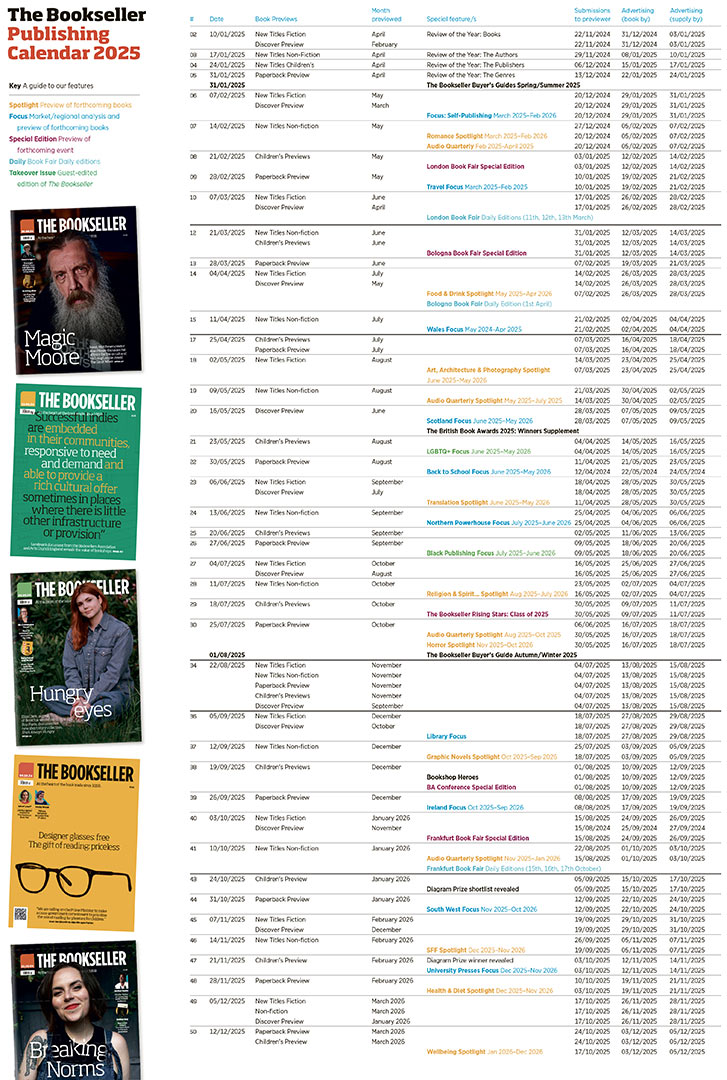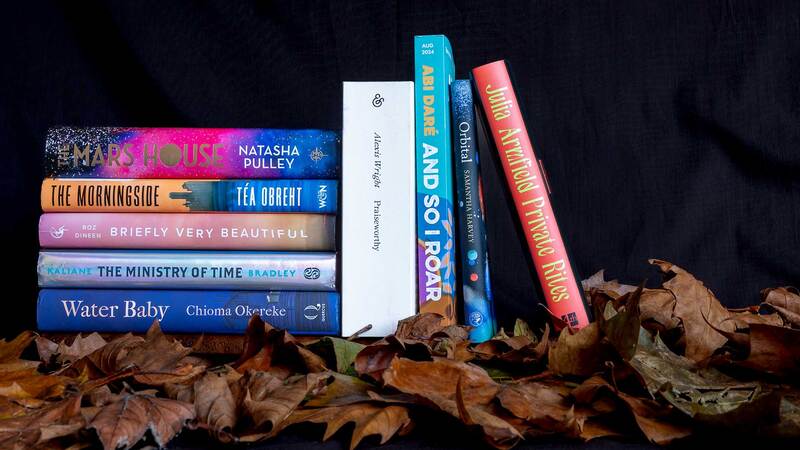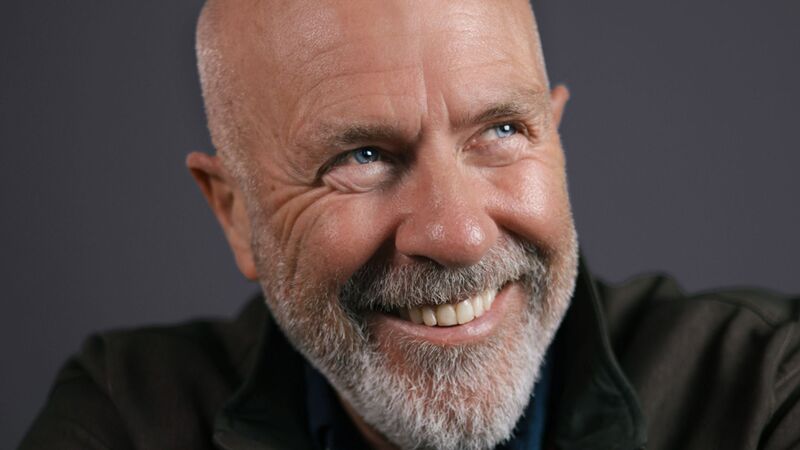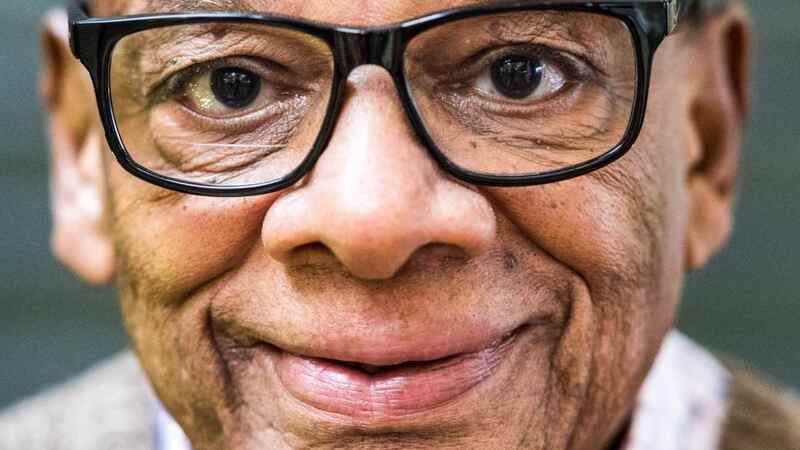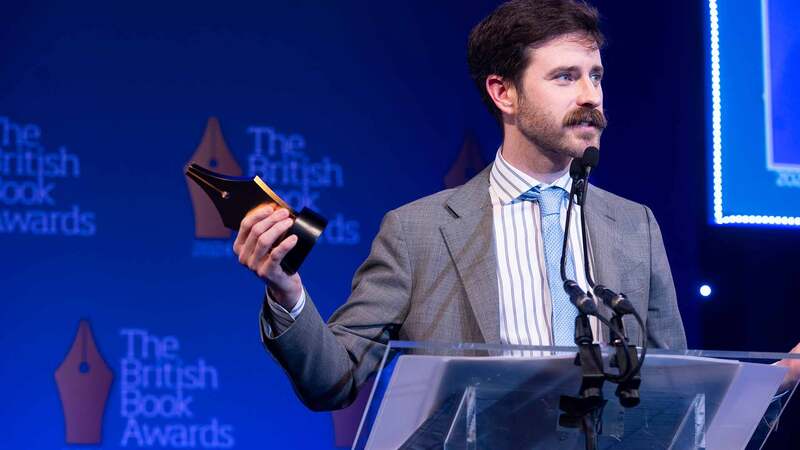You are viewing your 1 free article this month. Login to read more articles.
Profile pledges support for IBA as members debate deep discounting
The Independent Bookshop Alliance (IBA) has received its first official pledge for publisher support from Profile Books.
Andrew Franklin, founder of the independent publisher, said he would be happy to liaise with the IBA on special editions and discounts for titles while speaking at an event to discuss the new coalition at the House of Lords on Thursday (29th March), hosted by Big Issue founder Lord John Bird.
Organised by IBA founder Simon Key, co-owner of the Big Green Bookshop in London’s Wood Green, the event saw the thorny issue of deep-discounting repeatedly raised by independent booksellers, with Key blasting the trend as “destroying” the industry.
The bookseller first proposed setting up a buying consortium among independent bookshops back in January in response to controversy over the deep-discounting of Philip Pullman’s La Belle Sauvage (David Fickling/PRH Children’s), which left many indies unable to compete with chains, supermarkets and online retailers in selling the book.
Over 130 indies have so far expressed an interest in joining the coalition, and the House of Lords event was designed to officially launch the alliance, discuss how it might work and lay out the current challenges facing the sector.
At the event, Key said: “The problem with indies are, we are independent. But there are some things we can do together. One of the things we want is a level playing field. We want to be given the same discounts (on books from publishers) as Waterstones and Amazon. As indies we do not want to be the same, but if we work together, we can have more buying power than Waterstones’ 300 shops, because there are more of us.”
He continued: “We are massively against the deep discounting going on in the industry at the moment. We think it is destroying the book trade. If there is no discounting, publishers will make more money, bookshops will, and the industry will be in a better place. There is so much potential. It massively surprises me how many people were interested (in the alliance). It proves there is a need and want there and a will to make it happen.”
Along with Franklin, Gardners’ Simon Morley pledged practical support from the wholesaler in helping to facilitate the distribution of titles to IBA members, while other trade figures spoke in favour of the IBA, including author Ben Aaronovitch, Booksellers Association m.d Meryl Halls, the Arts Council England’s Darren Henley, Jo McCrum from the Society of Authors, Sam Missingham from Lounge Books and CILIP’s Mandy Powell.
The BA chief executive, Tim Godfray, was one of many who raised the issue of “unfair” burden of business rates on indie booksellers, which he said created an unfair playing field between them and their online rivals.
But the discussion soon returned to the issue of deep-discounting and lament over dissolution of the Net Book Agreement, which ended fixing the price of books in the 1990s.
One indie bookseller suggested a possible resolution to the situation could be to ban new books from being discounted for the first six months after their publication date.
“Business rates have gone up 60% in the Southeast of England,” he said. “But besides that, the real problem is the price of books in the marketplace. British consumers have been trained to purchase everything for the lowest price. Jamie Oliver cookbooks (published by Michael Joseph) are priced £26.00 so that Sainsbury’s can discount them to £12.99 and I don’t stand a chance with it, so I don’t stock it.
“One answer could be not to discount a book for the first six months of its life.”
Baroness Gail Rebuck, the chair of Penguin Random House, also gave her backing to the IBA initiative, but advised booksellers to be positive about their message in order to succeed.
“The first thing I would say is that it is incredibly important to be positive. That is what we learned with the Books Are My Bag (campaign),” Rebuck said. “In other words, don’t moan, but stress the positives. And there are a huge number of positives, you’ve heard a number of them today.”
She added: “Don’t ever think from a publisher’s perspective we don’t recognise the importance of the high street, because, boy do we know. So know your enemy. Your enemy as independents, I would suggest, is not Waterstones. There are plenty of other enemies that are around there. You are part of the high street and the positive message there is about the brilliance that you bring."
Indies should abandon any hope of bringing back the Net Book Agreement, Rebuck said, but in terms of publishers’ support for a strong independent bookshop sector, Rebuck said the retailers were “pushing at an open door”.
“Let’s leave aside the end of the Net Book Agreement. In my view you are not ever going to bring it back. When the supermarkets convinced the competition authorities it was unfair, I think it was the end of an era, and I do regret it,” Rebuck said. “When I say regret, I don’t regret actually what we did, but I regret the fact that we didn’t think too deeply about the consequences of de-netting. So I think the biggest issue for me is start with an ask that you think can be responded to by the publishers and I think exclusivity may just be one. Use the wholesaler to bundle them together. Get the message out there and then when you are organised I think there are things that you can win….I think at this moment in time you are pushing at an open door.”
Bird recently organised a debate in the House of Lords about the significance of libraries and bookshops in UK society.



